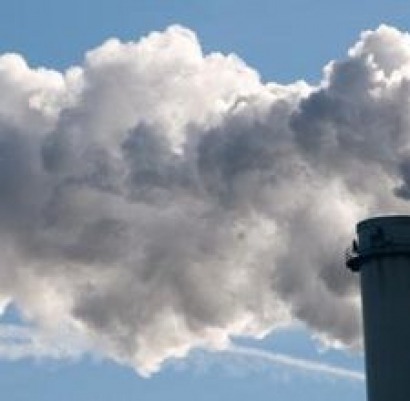
Power Perspectives 2030, the second phase of the ground-breaking Roadmap 2050 report from the European Climate Foundation, was released yesterday showing the key steps to power sector decarbonisation for the next two decades.
The new report, launched at an event in Brussels with Philip Lowe, Director General of DG Energy in attendance, shows that while the existing energy policy framework to 2020 represents an adequate first step towards the EU 2050 emission reduction goals, the decarbonisation process will need to accelerate significantly in the decade 2020-2030. Hence, a stronger sense of direction is needed towards 2030 to support investments and enable power markets to deliver the transition to a zero-carbon power sector.
The new report again brings together the successful team that wrote Roadmap 2050: a practical guide to a prosperous low-carbon Europe. The group, led by the European Climate Foundation, is made up of McKinsey, KEMA, Imperial College London, RAP and E3G. They worked in cooperation with a large group of utility and energy companies, technology manufacturers, transmission system operators and NGOs to look at various energy mixes and policy options on the route to full decarbonisation.
Power Perspective 2030 finds that the complementarity between a diverse portfolio of renewable energy sources and flexible gas-fired plants will drive power sector decarbonisation in the next two decades.
Doubling of investments needed
For this to happen, upfront investments in low carbon technologies as well as in transmission grids will need to nearly double over the next two decades. These challenges can however be substantially reduced by developing energy efficiency and demand response resources – the management of customer consumption in response to supply conditions.
Speaking at the launch of the report, Dr Johannes Meier, CEO of the European Climate Foundation said: “What this report finds is that the grid is the glue that will hold together our decarbonised power system. We must be more efficient to deliver this in the most effective way, the grid needs to get smart. Only by setting a clear policy direction to 2030 will it be possible to achieve the decarbonisation goal”.
The report shows that it is essential to create the right power market framework to ensure investor confidence and to incentivise investments in an adequate mix of low carbon resources that are technically compatible. Rather than mere generation capacity, markets should reward flexibility and treat demand and supply-side resources on an equal basis.
While investment in the short term will have to increase, overall costs are kept under control as a major increase in capital investments is off-set over the longer term by decreasing operational costs for fossil fuels and CO2 emissions. Power Perspectives 2030 shows that decarbonisation is about a major shift from costs to investments. Investing now in European infrastructure, jobs and industry will reduce cost and dependency on foreign fuel imports and make Europe’s economy more resilient to fluctuating energy prices.
While Power Perspectives 2030 identifies important challenges in remaining on track to decarbonisation, it makes clear how any delay of action will only increase the overall cost and impose significant stress on the power system. Policy makers at both the European and member state levels therefore need to take appropriate action up to and beyond 2020 to remain on track to the 2020 and 2050 decarbonisation targets.
The challenge ahead calls for a strong 2030 Climate and Energy Package with clear targets for renewable energy sources, energy savings and economy-wide and sectoral emission reductions.
For additional information:

